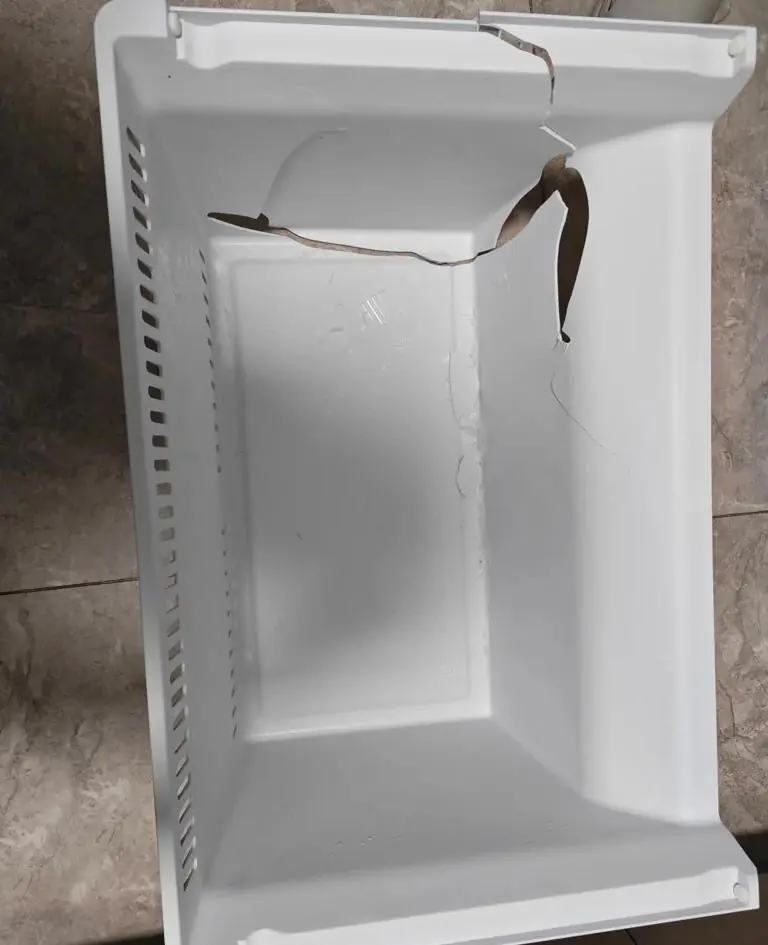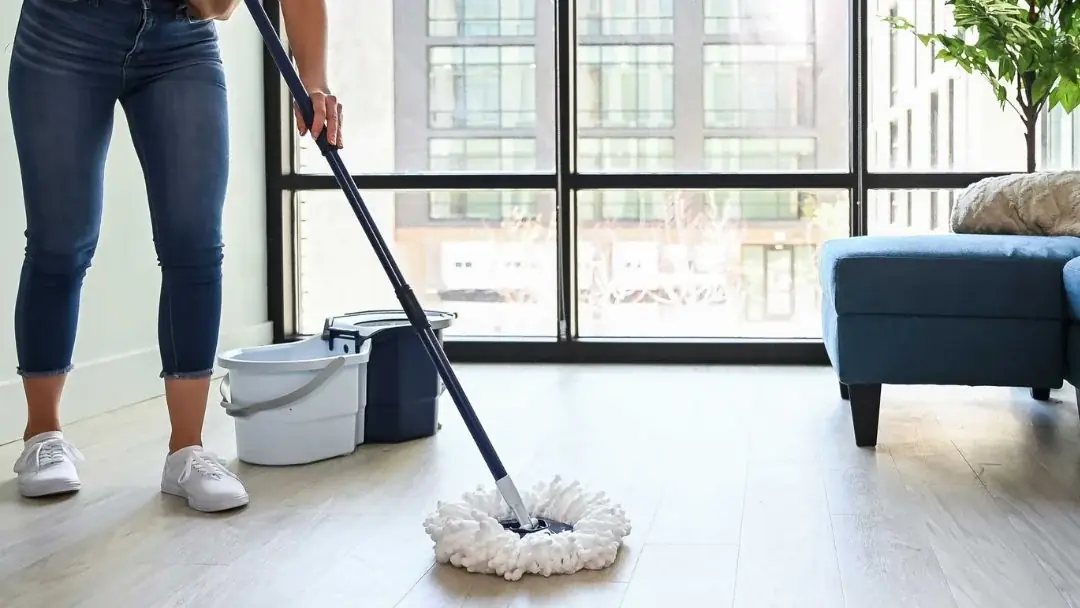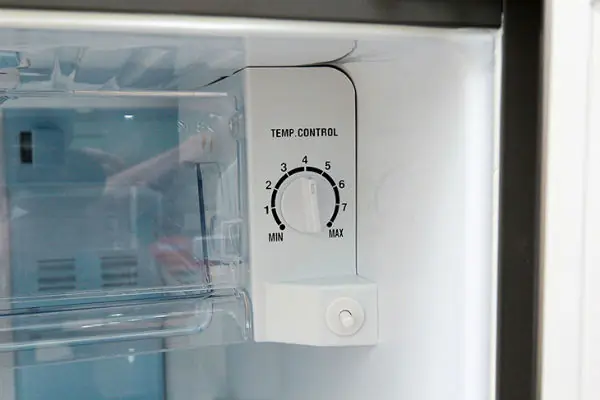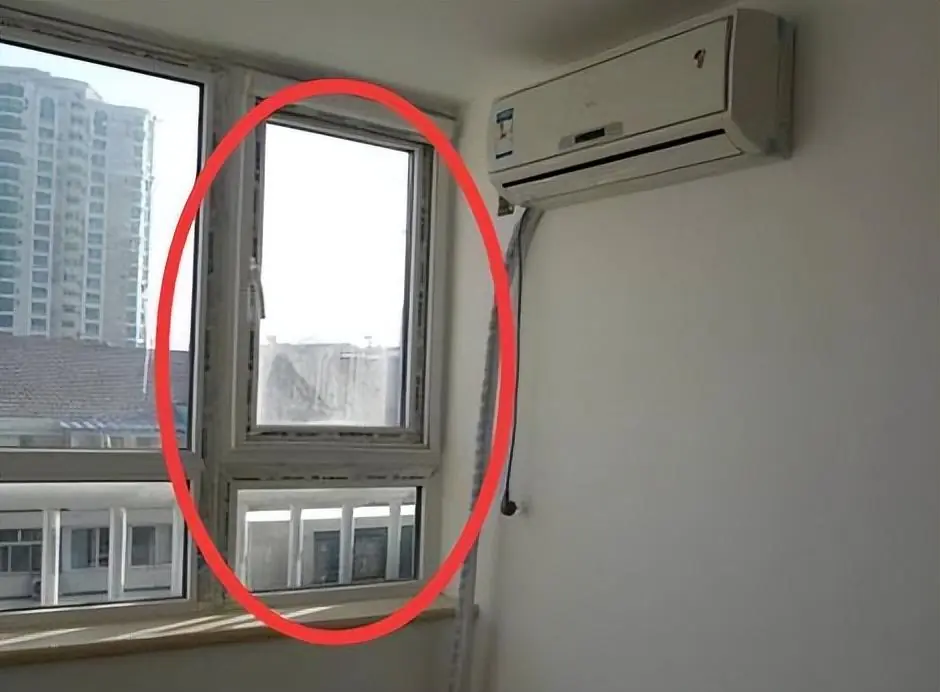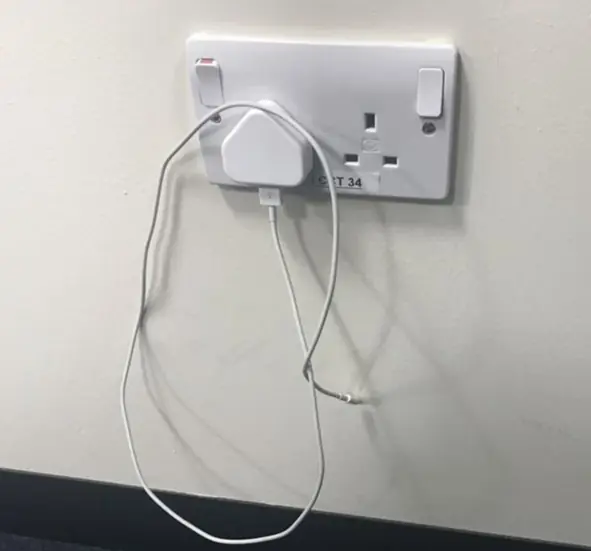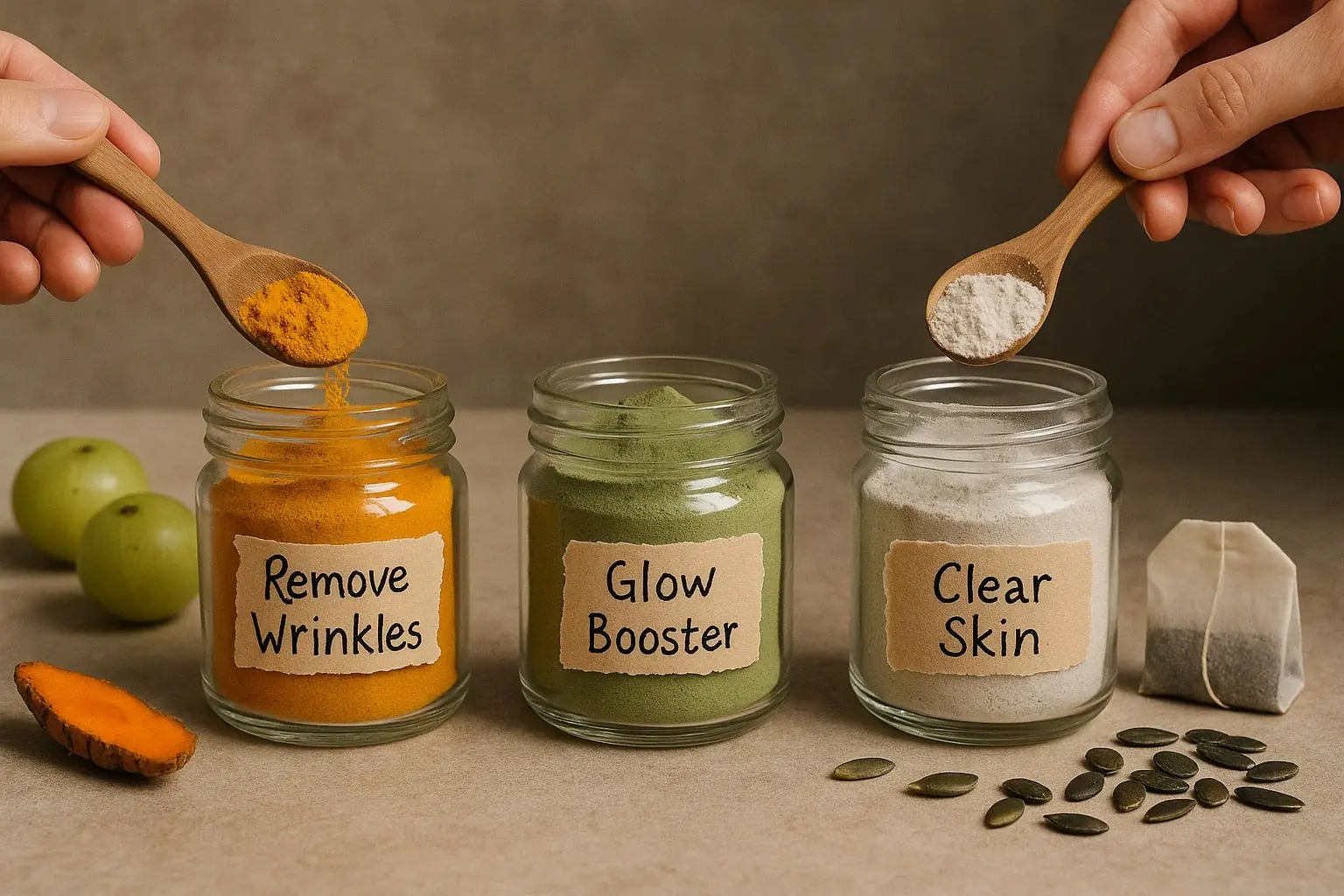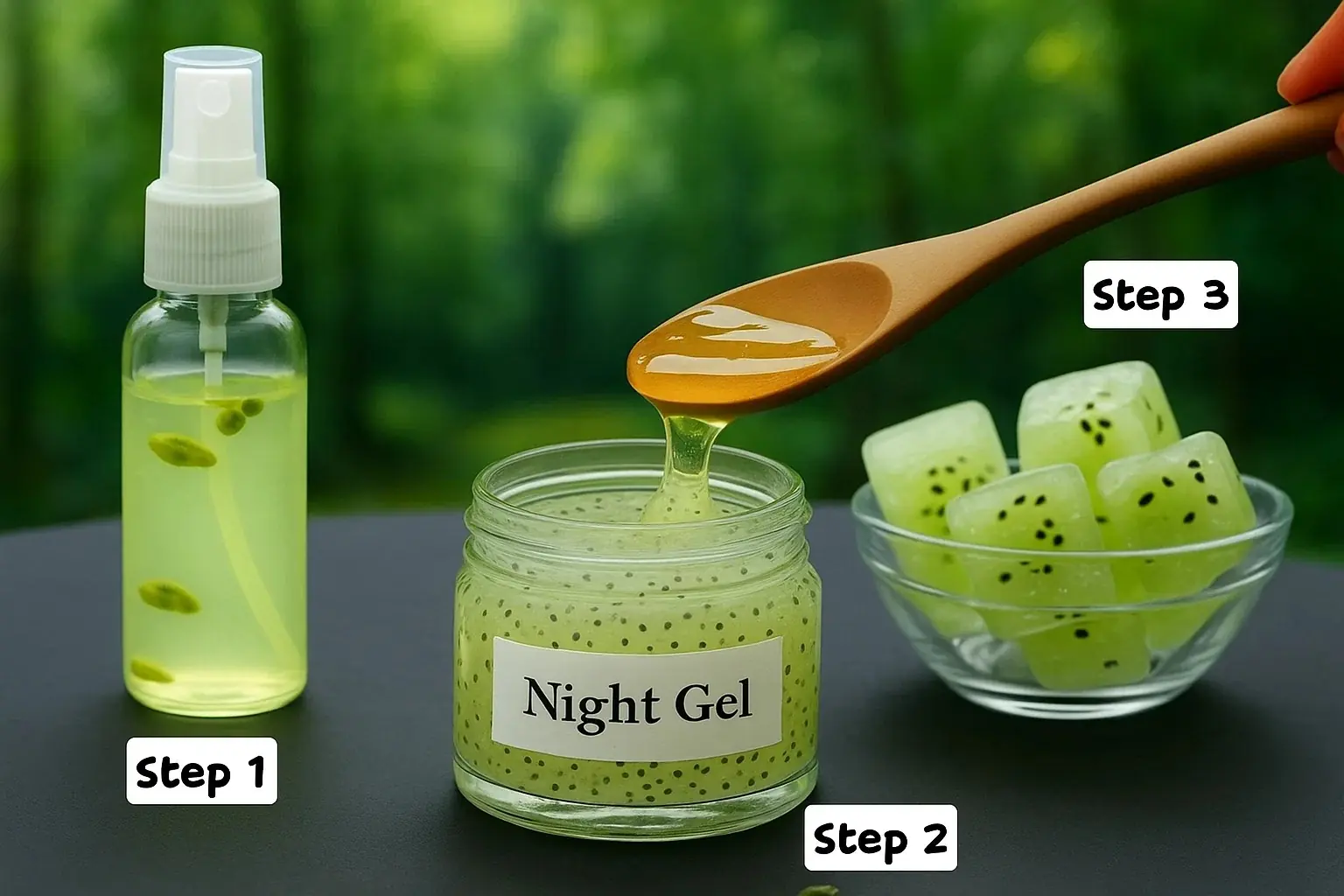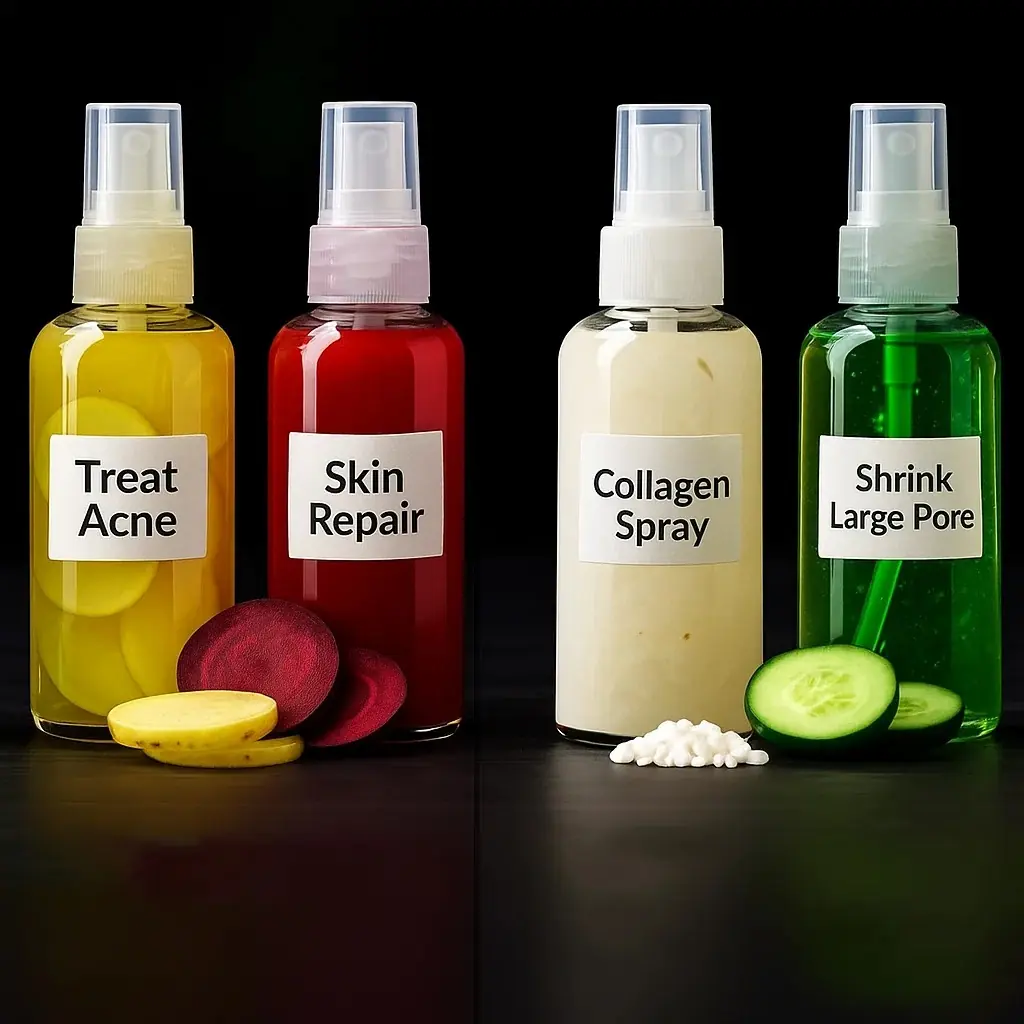It's a common scenario: after mopping the floor, especially ceramic tiles, a lingering fishy smell fills the room. This unpleasant odor can be both surprising and off-putting.

1. Unclean Mopping Tools:
One of the primary causes of the fishy smell is using dirty or improperly stored mopping tools. Many people leave their mops wet in buckets or damp corners, creating an ideal environment for bacteria and fungi to thrive.
These microorganisms, when deprived of oxygen, produce compounds like hydrogen sulfide and ammonia, which emit a strong, unpleasant odor.
2. Contaminated Cleaning Water:
Using the same water repeatedly without changing it can lead to the accumulation of dirt and bacteria. This contaminated water, when used for mopping, can spread the odor across the floor.
3. Phosphate-Based Cleaning Products:
Some floor cleaning products contain phosphates. When these chemicals interact with water, they can promote the growth of algae. As algae die or thrive in low-oxygen environments, they release sulfur compounds, contributing to the foul smell.
4. Low-Quality Floor Tiles:
The type of flooring can also play a role. Low-quality tiles, especially those that are porous or have manufacturing defects, can absorb moisture. This retained moisture becomes a breeding ground for bacteria and fungi, which emit sulfurous gases when they decompose.
5. Impurities in Tap Water:
Tap water containing organic impurities can foster the growth of bacteria. As these bacteria break down organic matter, they produce compounds like trimethylamine and dimethyl sulfide, which have a characteristic fishy odor.
Solutions to Eliminate the Odor:
-
Regularly Clean and Dry Mopping Tools: After each use, rinse the mop thoroughly and allow it to dry in a well-ventilated area. Avoid leaving it in damp places.
-
Change Cleaning Water Frequently: Always use fresh water for mopping. Replace the water if it appears dirty or after cleaning a large area.
-
Choose Phosphate-Free Cleaning Products: Opt for cleaning solutions that are free from phosphates to prevent promoting algae growth.
-
Use High-Quality Floor Tiles: Invest in quality flooring materials that are less porous and more resistant to moisture absorption.
-
Filter Tap Water: Consider using filtered water for cleaning to reduce the presence of impurities that can lead to bacterial growth.
Conclusion:
By understanding the causes of the fishy odor after mopping and implementing these solutions, you can maintain a fresh and clean-smelling home environment.





